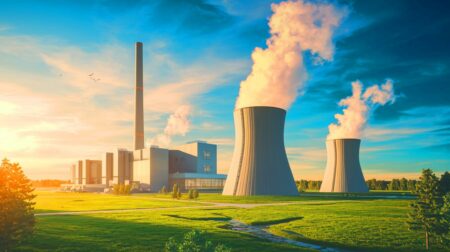Much of Europe is experiencing abnormal heat waves with locals doing their best to cool down in shades and swimming pools. The situation is the same across much of Asia with unusually high temperatures in places like Hong Kong.
Nothing unusual in that, you might think, because it’s summertime, after all. But ask many scientists and they’ll tell you that there may indeed be something quite unusual about these heatwaves. “Climate change has played an important role in the occurrence of heatwaves,” stresses Fu Cheung Sham, chief experimental officer at the Hong Kong Observatory. “As [the] climate warms, the chances of extreme heat will correspondingly increase.”
In fact, a team of climate researchers has warned that we are on course to turning the planet into “Hothouse Earth” because of our excessive carbon emissions that may trigger a cascade of other environmentally disastrous side-effects. “It may be very difficult or impossible to stop the whole row of dominoes from tumbling over. Places on Earth will become uninhabitable if ‘Hothouse Earth’ becomes the reality,” one researcher said.
The impacts of climate change will hit especially hard many of those areas that are already suffering from a variety of climatic disadvantages in Africa, South America and Asia. Crops will fail, food shortages will become more commonplace and the prices of dietary staples are bound to rise higher and higher, leading to malnutrition and possibly famines. More and more people, even in developed countries, might succumb to heat waves.
According to the World Health Organization (WHO), within a couple of decades heat-related deaths in high-income countries in Asia and the Pacific will likely rise considerably. In the Philippines, for instance, heatwave-related deaths, which currently stand at over 300, might increase by more than 1,300% in coming decades. On a global scale, the WHO says, rising temperatures could cause around 250,000 extra deaths annually between 2030 and 2060 as a result of more heat exposure, the spread of tropical diseases and malnutrition.
Reducing our greenhouse gas emissions through transitioning to low-carbon energy sources will be key to mitigating the worst effects of climate change. Yet even that may not be enough, many experts believe. We’ll also have to begin replanting forests and invent new technologies to suck extra CO2 out of the atmosphere in order to let the planet cool down.
Did you like it? 4.4/5 (30)








